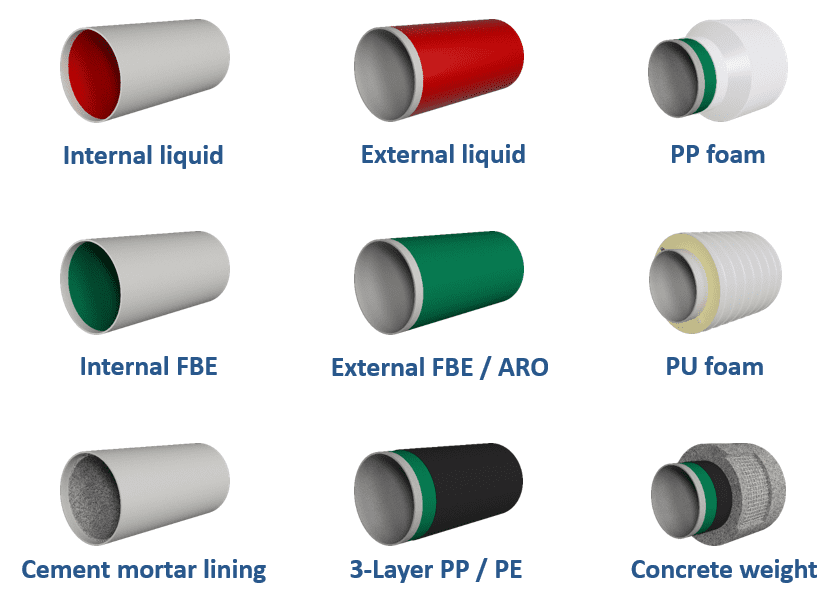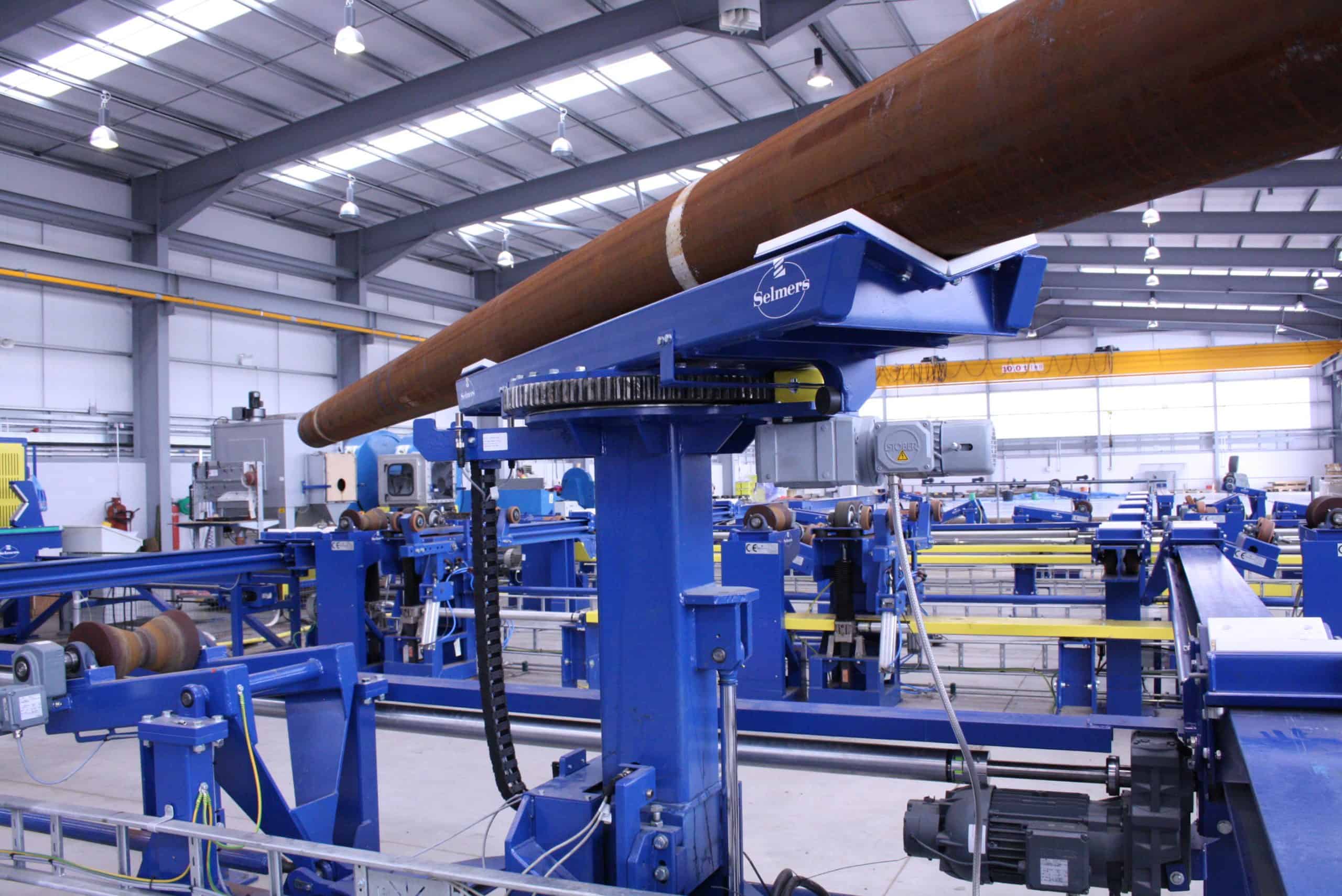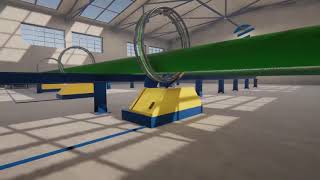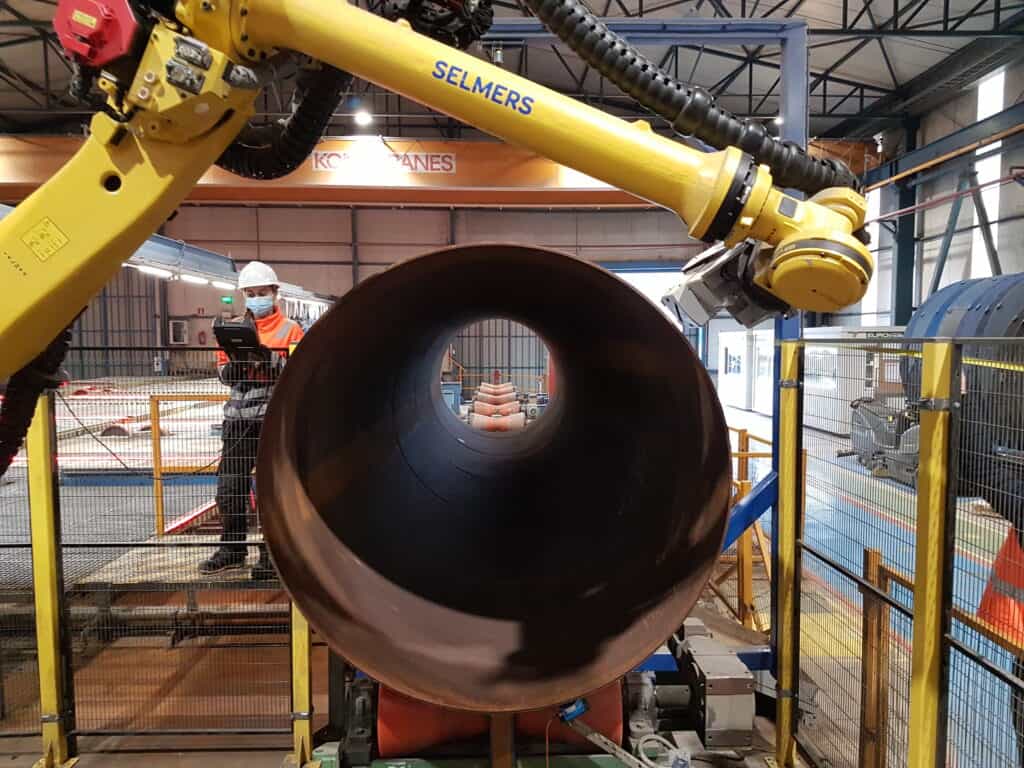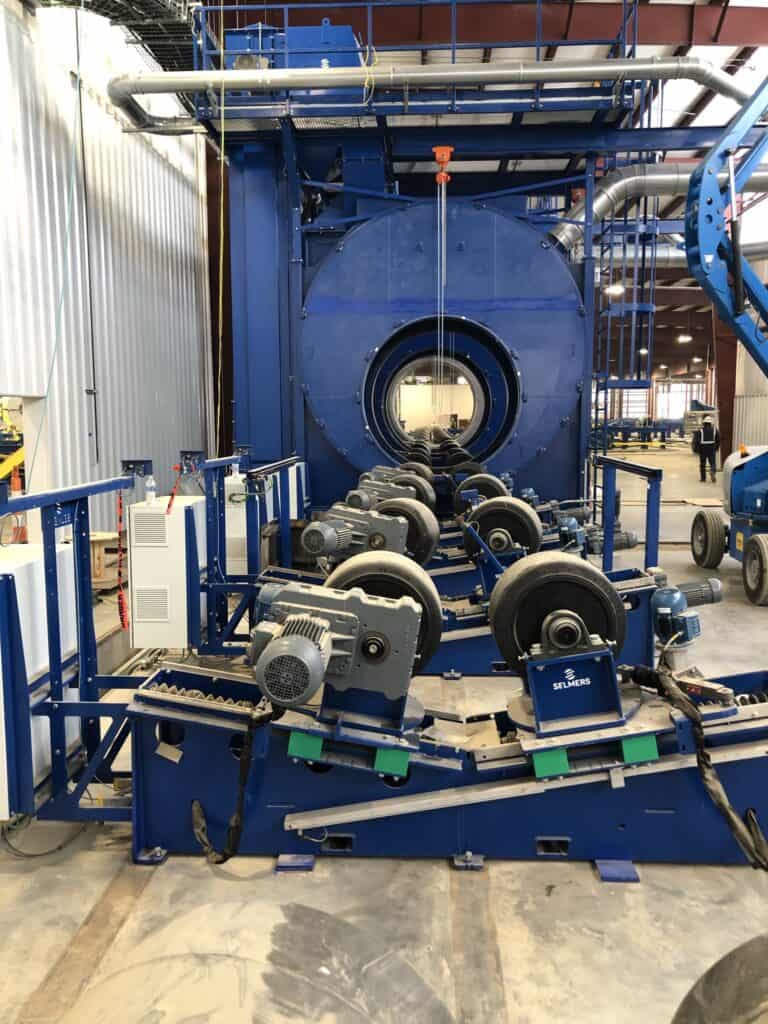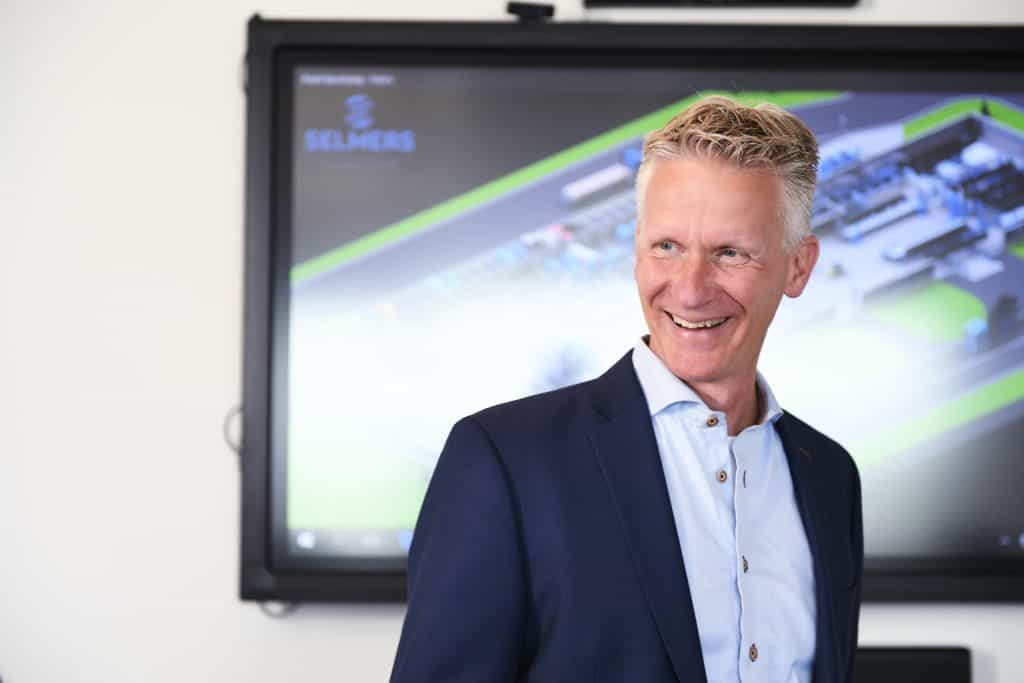Everyone understands that ‘delivering’ installations and production lines is nothing like delivering a pizza. At Selmers we consider erection, installation and commissioning just as important as the engineering itself. That is why a site manager always travels to customers around the world along with a mechanical, electrical and software engineer. Because of the often large cultural differences, both per country and per company, this requires a lot of creativity.
Sense of community
Being Dutch, our general approach is to do the job in a joint effort with the customer whenever possible. If necessary, we are more than willing to think and act outside our own area of expertise. Of course, this only works if a particular client is also happy with it and if there is sufficient mutual trust. And trust doesn’t just happen. You have to win it by taking action. Part of the solution may be to involve customers by making them co-owner of a project. In some cases, a form of cooperation then arises fairly quickly. But even then, many countries still prefer to let everything run along strict hierarchical lines.
Local work ethics
We not only recognize that but also respect such differences. At the same time it is our experience that international customers in turn accept the fact that, for example, Dutch people are generally quite straightforward. And then there are the local work ethics, with aspects such as commitment, punctuality and keeping appointments. Although these sometimes deviate from our own mindset, we do deal with them respectfully as well. The realization on the part of the customer that our delegation has often traveled thousands of miles especially to help them usually helps a great deal in overcoming, often trivial, cultural differences.
Differences in corporate culture
In addition to national cultural differences, we also take differences in corporate culture into account. A few years ago, for example, we were asked to take over the maintenance of a large international pipeline project. The company in charge needed help in increasing output and reducing costs. Upon arrival, we immediately recognized the problem. For various reasons, there was a lack of communication between mechanical staff on the one hand and electrical staff on the other. Programmers, in turn, were hardly talking to mechanical and electrical specialists.
Shared responsibility
In order to enhance the sense of shared responsibility and solidarity our site manager decided to open up the clusters immediately by mixing everyone up in a common room. This more or less forced them to start talking to each other. And if there was a technical problem, three employees from different disciplines were invariably sent to solve it instead of one specialist. To the great satisfaction of the company in charge, the initial resistance quickly turned into mutual understanding and positive energy to work together.
Chameleons
All in all, our site managers and traveling engineers operate like real chameleons and, in addition to being ‘technical people’, they are also a bit of a psychologist, confidant and coach all at the same time. With the right mindset, they succeed time and again in making commissioning a success. To the left, to the right or, if necessary, right through the middle.
